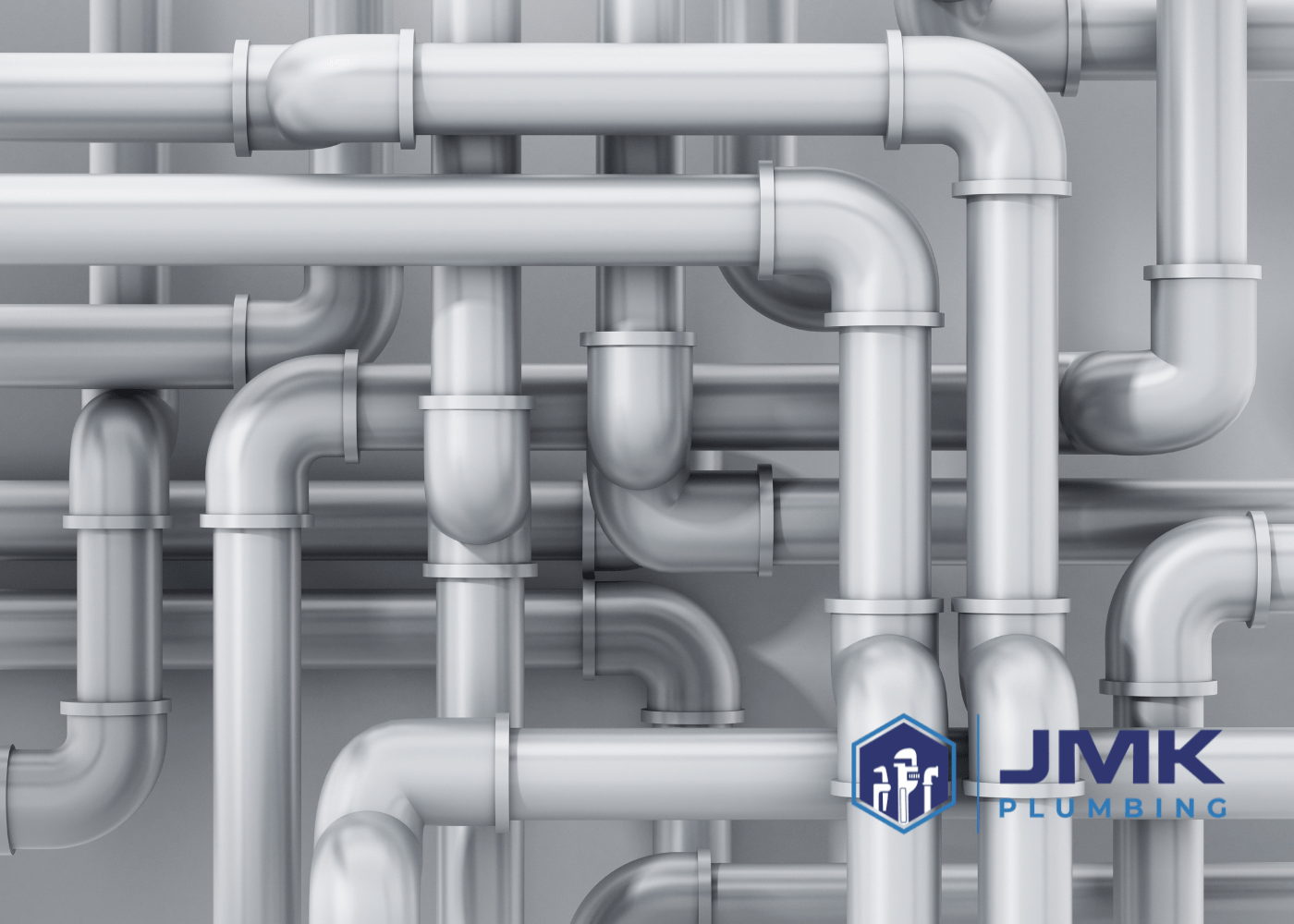8 Common Causes of Unusual Plumbing Noises

When your house unexpectedly begins to hum, bang, or whistle in tune with your plumbing, it’s hardly music to anyone’s ears. Such mysterious and often loud noises can be perplexing and even unsettling. But what’s causing these unusual sounds inside the walls? And more importantly, should you be concerned?
1. The ‘Water Hammer’
This is a loud banging noise that occurs when water suddenly stops or changes direction, typically when a faucet is quickly turned off. The sudden stop causes a shockwave, resulting in the ‘hammering’ sound. The water hammer effect puts undue stress on your plumbing system, potentially leading to joint damage, leaks, or even pipe failures if not addressed, resulting in costly repairs and possible water damage to your home. A plumber would likely install water hammer arrestors, which help to cushion the shockwave in the plumbing system. They might also check the overall water pressure using a pressure gauge, and if it’s too high, install a pressure-reducing valve or adjust the existing one, ensuring that the pressure is within safe limits.
2. Pipe Expansion and Contraction
As hot water runs through pipes, they can expand, and when the water cools, they contract. This can lead to ticking or creaking sounds, especially if the pipes are tightly anchored or rubbing against wooden joists or studs. While typically not immediately damaging, the constant expansion and contraction can, over time, cause wear on the anchoring brackets, leading to loose pipes or even cracks and leaks, especially in weaker areas of the plumbing. A plumber could assess and, if necessary, replace the anchoring system, allowing for a certain degree of movement to accommodate the expansion.
3. Trapped Air
Gurgling or bubbling noises often result from air trapped in the plumbing system. This can happen after plumbing work or if there’s a blockage that’s allowing air to enter the pipes. Air in the plumbing can cause unsettling noises and lead to uneven water pressure, possibly stressing the pipes and connections. It may also indicate underlying issues like blockages or venting problems. A plumber would release the trapped air by opening the highest faucet in your home and then opening the lowest one (usually found in the basement or on the first floor).
4. Loose Pipes
Rattling or clanking sounds can be due to pipes that are not securely anchored. When water flows through them, the force can cause these pipes to move, leading to the noise. Loose pipes are a significant concern as they can lead to vibrations, or worse, banging against walls, potentially causing damage to the pipes themselves or to the wall structures, resulting in cracks, leaks, or bursts over time. A plumber would secure loose pipes using proper brackets, adding cushioning material where the pipe intersects with wall studs, and ensuring minimal movement. They would also check for any damage that might have occurred from the previous rattling.
5. High Water Pressure
Whistling or screeching sounds, especially when a faucet is turned on, can indicate excessively high water pressure or a partially closed valve. Excessive water pressure can cause multiple issues, including pipe damage, wasted water, and increased stress on appliances and fixtures. It’s a silent destroyer and can lead to catastrophic leaks if not monitored. Your plumber might install a pressure regulator (if not already in place), adjust the existing one, or repair or replace a failing regulator.
6. Worn-Out Washer or Valve
A worn-out washer or valve can lead to a squealing or screeching sound when a faucet is in use. A worn washer or valve can lead to water wastage and increased utility bills. Over time, it can result in more severe damage to the faucet or even the connecting pipes. To fix this, a plumber would replace the faulty washer or valve. They could also suggest installing newer fixtures with ceramic discs or cartridges that tend to be more durable and less prone to wearing out.
7. Faulty Toilet Fill Valve
A humming or vibrating noise after flushing can indicate a malfunctioning fill valve in the toilet. A malfunctioning fill valve may seem a minor annoyance, but it can cause constant water running, leading to wastage and escalating water bills. If not fixed, it might also shorten the lifespan of your toilet’s internal mechanisms. A professional plumber would likely replace the defective fill valve with a new one, adjusting it properly to ensure that the water shuts off at the correct level in the tank.
8. Blocked Sewer Line
If you hear a bubbling or gurgling sound coming from drains, it might indicate a blocked sewer line. As water tries to flow past the blockage, it forces air to bubble up, leading to the noise. A blocked sewer line is a critical concern. It can lead to slow draining, backflow of sewage into the home, or a total blockage. Ignoring this can result in significant sanitary issues and potentially costly clean-up and repairs. Plumbers use professional-grade augers or hydro jets to clear blockages. For severe cases, they might employ video inspection tools to identify the blockage source before proceeding with more extensive measures like sewer line repair or replacement.
Conclusion
While identifying these noises can help homeowners catch potential issues early, it’s crucial to involve a professional plumber for a comprehensive solution. They can accurately diagnose the problem, offer a durable fix, and ultimately prevent small concerns from turning into expensive repairs. Regular plumbing maintenance checks can also go a long way in keeping your system in optimal condition.